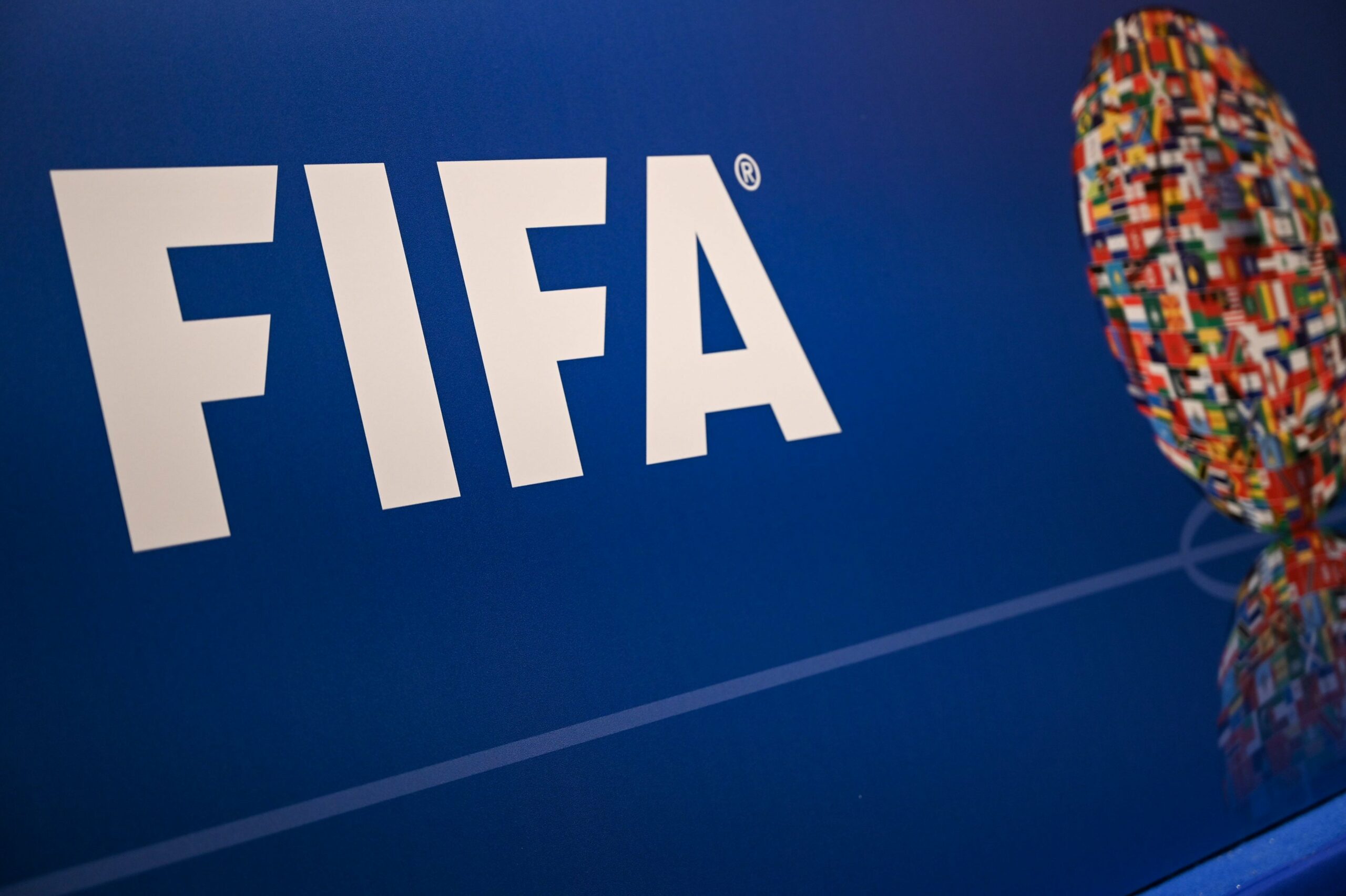NEW YORK TIMES
It takes only a glance at the news coverage from those days less than a decade ago, when China’s soccer success seemed only a matter of determination and money, to remember how quickly and how deeply the country embraced the world’s most popular sport as a national project.
At home and abroad, China’s president, Xi Jinping, was pictured kicking soccer balls and watching youth matches. State media detailed his lifelong love of the game. Schools were ordered to introduce soccer into their curriculums, and billions of dollars were earmarked for the construction of tens of thousands of fields. Major companies rushed to invest in professional teams, both at home and abroad, then stocked them with imported players — whatever the cost.
There was talk of not only bringing the World Cup to China, but of producing a pipeline of players capable of winning it — an ambitious, even audacious, target for a country that had never scored a goal in the tournament.
Now, though, China’s great soccer dream appears to be over.
The expensive recruits have gone. Top teams have disappeared with alarming regularity. The national team shows little sign of improvement. And in perhaps the most direct sign of a failed policy, some of the top officials charged with leading China’s soccer revolution have been detained amid allegations of corruption.
“The hopes were really high,” said Liu Dongfeng, a professor at the school of economics and management at the Shanghai University of Sport. “And that is also why the disappointment is so big.”
What derailed China’s soccer plan, when earlier state-backed bids to dominate Olympic sports had delivered regular glory and piles of medals? A global pandemic and an economic downturn didn’t help. Nor did the lack of truly world-class talents. Then there were the bad deals, the whispers of corruption and the nagging national inability to succeed in team sports. Whatever the reasons, the current malaise infecting Chinese soccer is a major reversal from the momentum that accompanied the release in 2015 of China’s 50-point plan for the sport.
That program was packed with concrete targets and lofty goals. Perhaps the most eye-catching was a directive to include soccer in the national school curriculum — introducing it to tens of millions of children in a single stroke — and to set up 50,000 soccer schools in the country by 2025. Eager to support Xi’s ambitions, or perhaps just as eager to take advantage of a loosening of restrictions on the purchase of foreign assets, Chinese investors quickly opened a fire hose of money on the game.
Riding the Rocket
Billions of dollars went to acquiring whole or partial stakes in European soccer teams. Chinese companies signed up as FIFA sponsors and put their names on the message boards and shirts of well-known clubs. At home, some of China’s richest people and companies invested in teams with an abandon that transformed the country’s top division, the Super League, into a major player in the global transfer market. Players who once would never have considered a career in China were suddenly racing there, lured by eye-popping salaries or eight-figure transfer fees that their European and South American clubs simply couldn’t afford to pass up.



